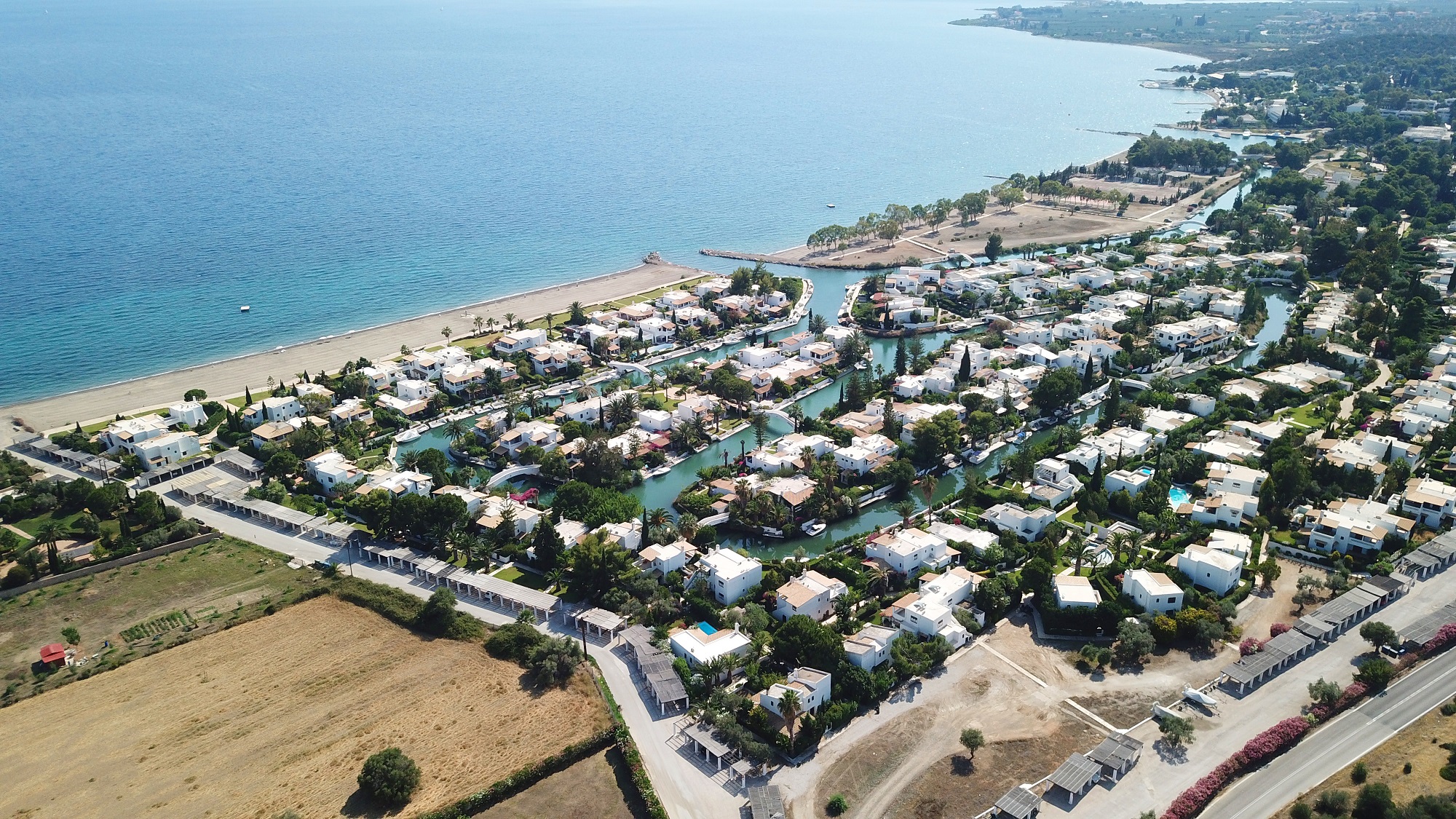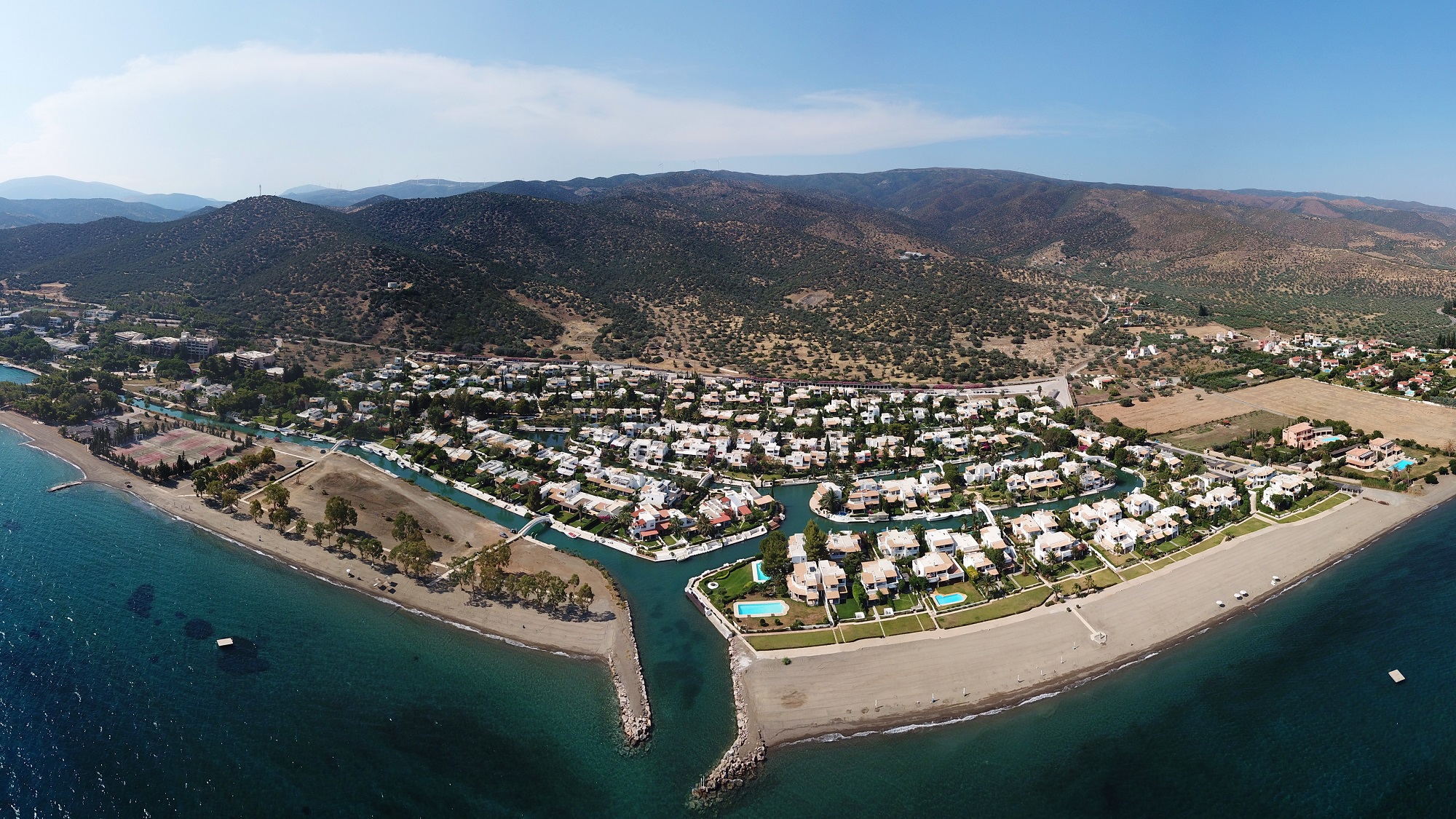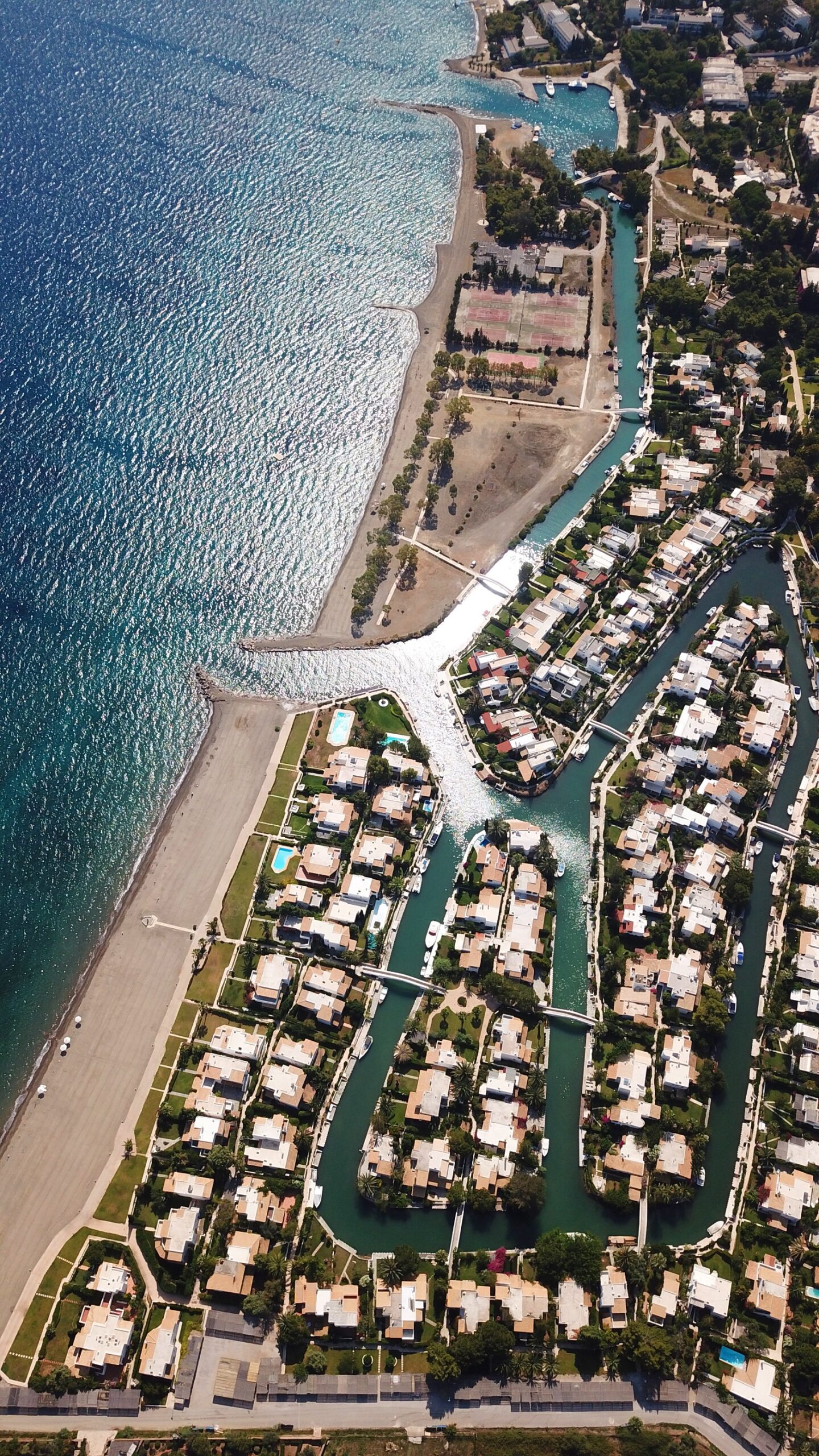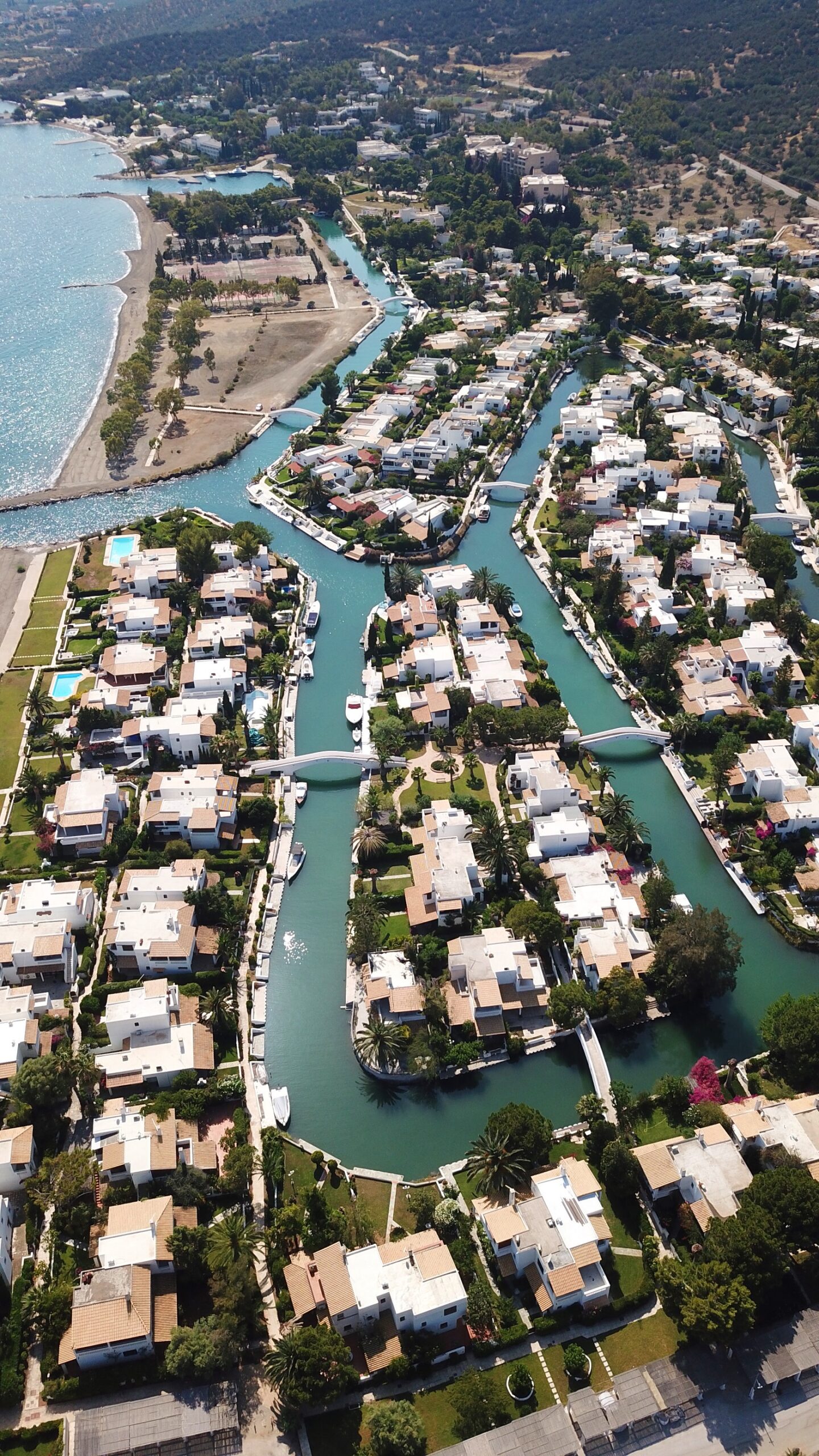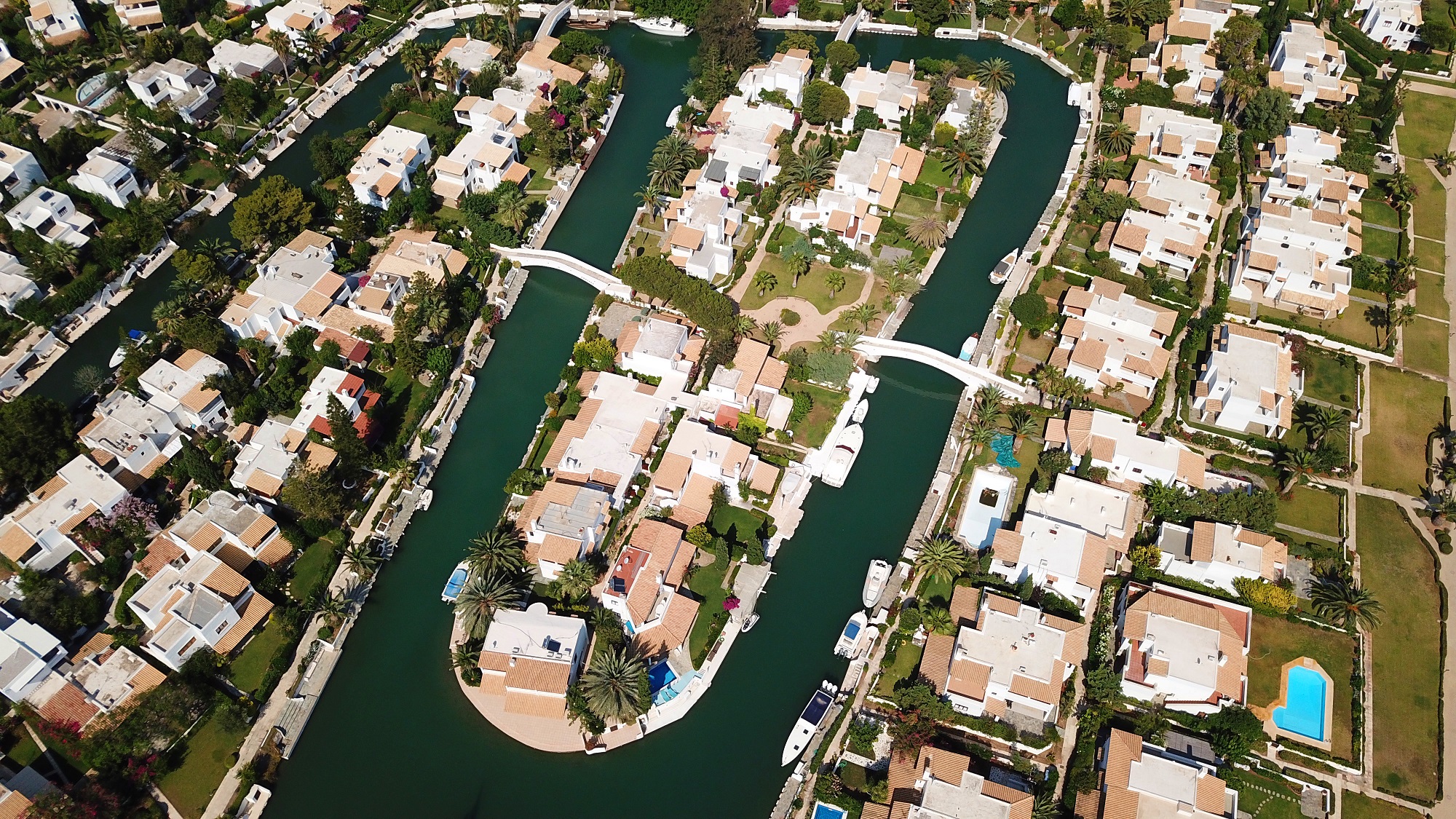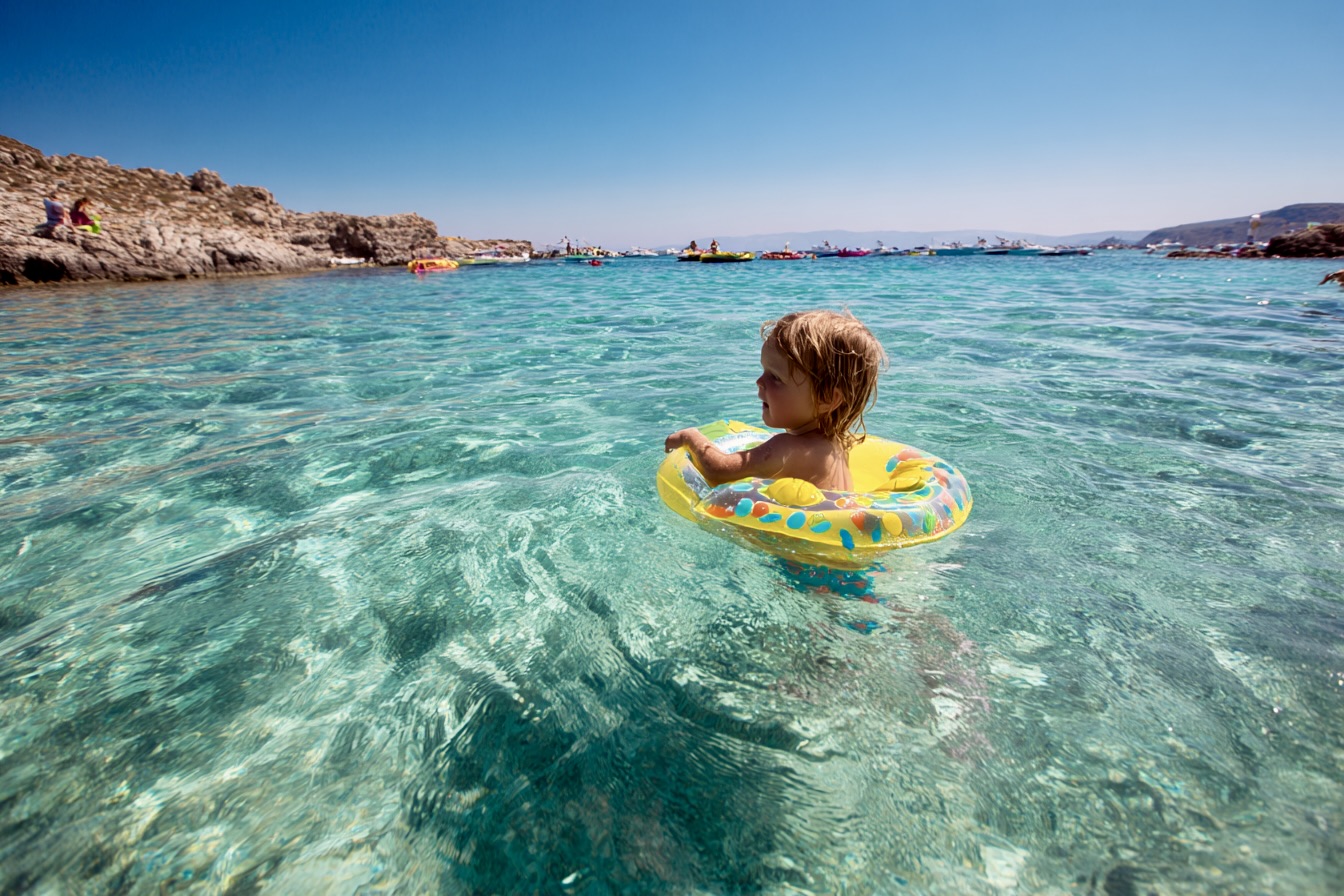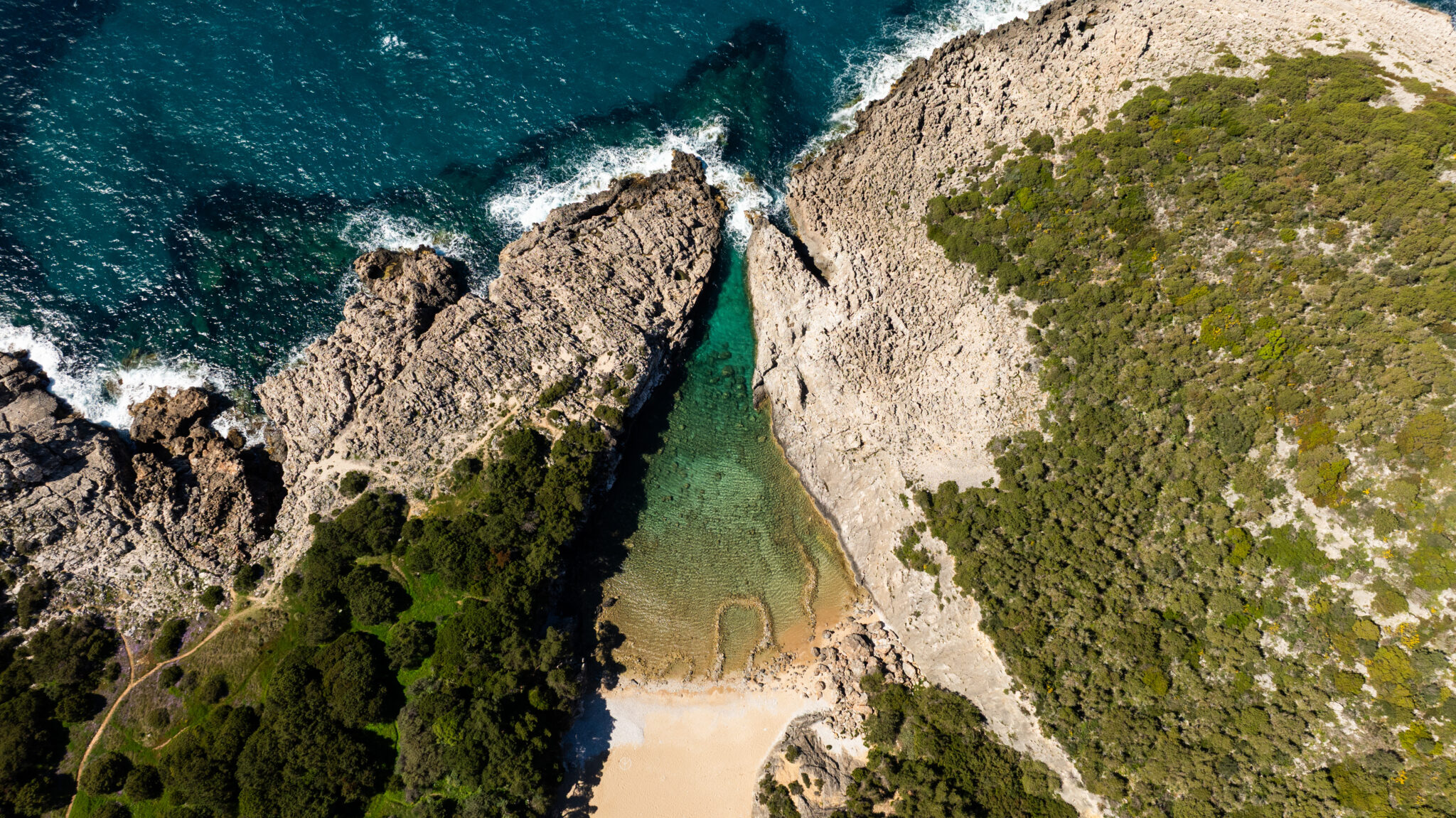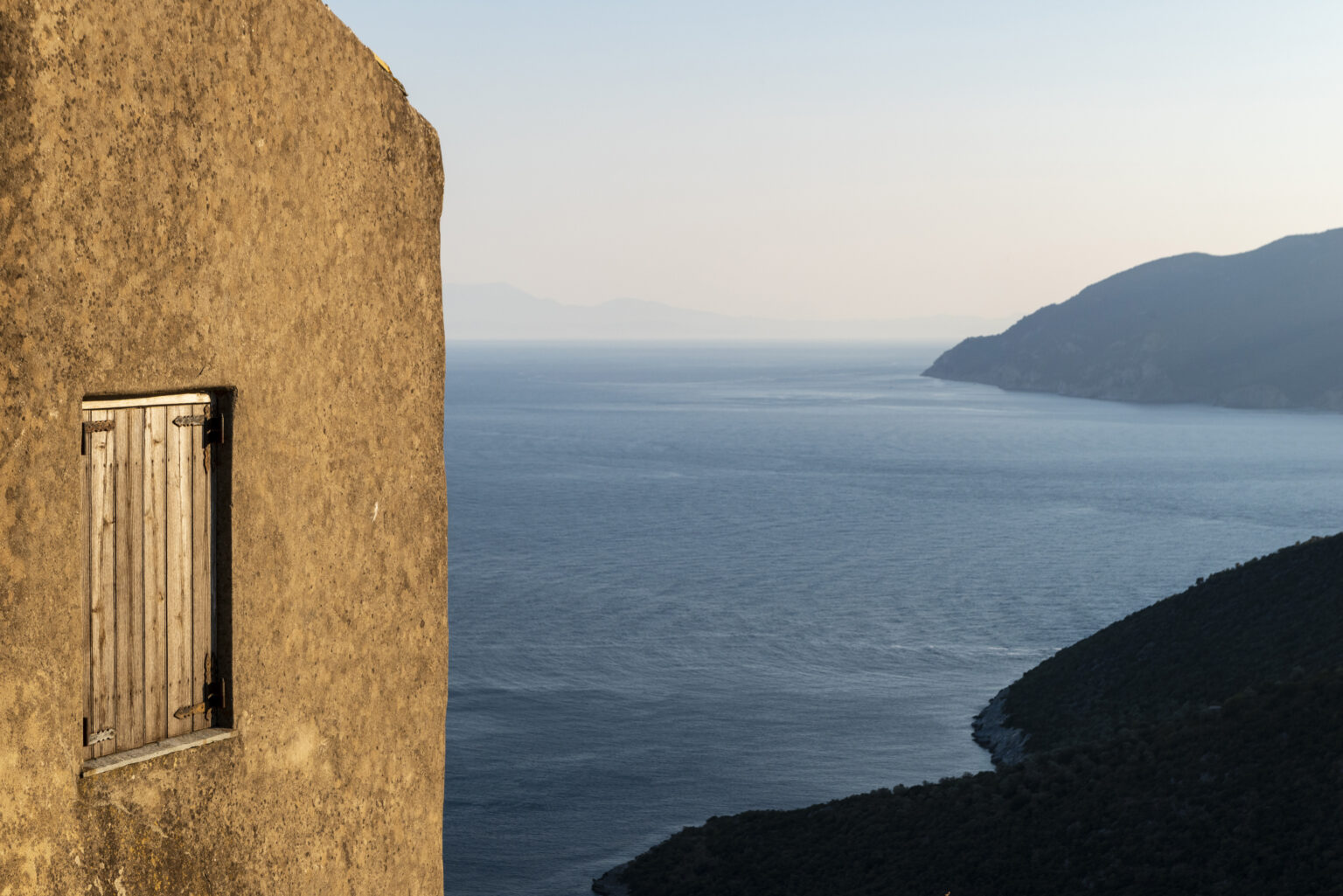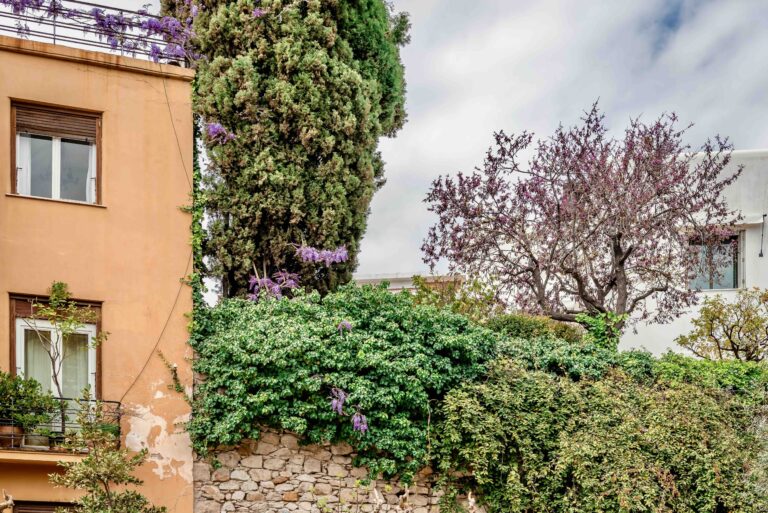Though hard to imagine, a settlement unlike any other in the country is situated just two and a half hours from Athens. Many individuals who have visited Porto Hydra liken the location to Miami, but describing the place as a “Little Venice” would be a more accurate comparison, given its canals.
Porto Hydra is situated at the southern coast of the Argolida region, northeast Peloponnese, very close to the village Plepi and approximately 10km from the small port town Ermioni. Porto Hydra does not have a long history. It is a modern-day creation whose development was begun following an initiative taken by entrepreneur Nikos Konstantinidis, who previously, in 1965, had developed Hydra Beach, one of the most renowned five-star hotels in Ermioni.
Konstantinidis focused on developing an uninhabited coastal area which, at the time, was administratively a part of the Plepi village. It covered a vast area of many hectares until 1957, when the then-government, led by Konstantinos Karamanlis, decided to expropriate a considerable section to cater to the needs of the region’s livestock farmers. The land owners of the remaining property then developed a section for olive groves and sold a coastal section to Konstantinidis. The entrepreneur developed yet another renowned hotel at this location, the Porto Hydra hotel, and also began planning something completely different.
Not far from the hotel, Konstantinidis, renowned for his pioneering environmentally conscious criteria for the era – locals still remember he did not cut down a single tree for the development of the Hydra Beach hotel – developed a canal system with a total length of 3.5 km. It resulted in the formation of two artificial islands, a small and a larger one. The artificial islets are interconnected and also linked to the mainland by arched bridges.
Houses were then built in the entire area and sold to private owners. The project was completed in 2005, resulting in a total of 330 villas, some of which can only be reached by boat. A number of Porto Hydra properties are available for holiday rental.
The new settlement was named Porto Hydra when it was established, in 1970, as a result of its close proximity to the Porto Hydra hotel. It was then renamed Hydra Beach in 1971, but the name Porto Hydra eventually prevailed, causing some confusion over the years among travel writers. Some have believed Porto Hydra is a hotel and others have mistaken Hydra Beach to be a separate settlement.
Contrary to hotels that were unable to survive the impact of the economic crisis, felt by the sector between 2007 and 2009, prompting ownership changes, the image of Porto Hydra, the settlement, has remained idyllic and offers unique features not to be found elsewhere in Greece.
Porto Hydra has just a handful of permanent residents (a total of seven, according to a population census in 2011). It comes alive in the summer when visitors renting villas, as well as property owners, all arrive for their summer holidays. Yachts moored in front of these homes create a setting that is totally unique for Greece. Security guards are on duty 24 hours a day throughout the year, the company offered the contract selected through periodical tenders. Also, a nine-member local committee is voted every two years by the location’s property owners.
The amount of greenery in the gardens of Porto Hydra homes is impressive, palm trees being a trademark feature. Overall, the spot resembles a forest in the sea. The waters are crystal-clear, ensuring the EU’s blue flag status for Porto Hydra over many years.
From Athens, Porto Hydra can be reached by vehicle or boat service. The road route to the destination, requiring a total of 2 ½ hours from Athens, covers the Athens-Corinth highway, is followed by a turn onto the local Corinth-Epidaurus-Kranidi road, and then continues along the Kranidi-Ermioni-Thermisia road. Porto Hydra is approximately 2 km from Thermisia.
If preferring a sea route to Porto Hydra, the easiest way is to head to Piraeus port to catch a flying dolphin to Ermioni, followed by a 12-km drive to Porto Hydra. Alternatively, you may board the ferry boat headed to Poros to reach Galatas. The road distance from there to Porto Hydra is longer, totaling 28 km.
Read also:
Hydra, Spetses, Poros: Island winter getaways close to the capital



